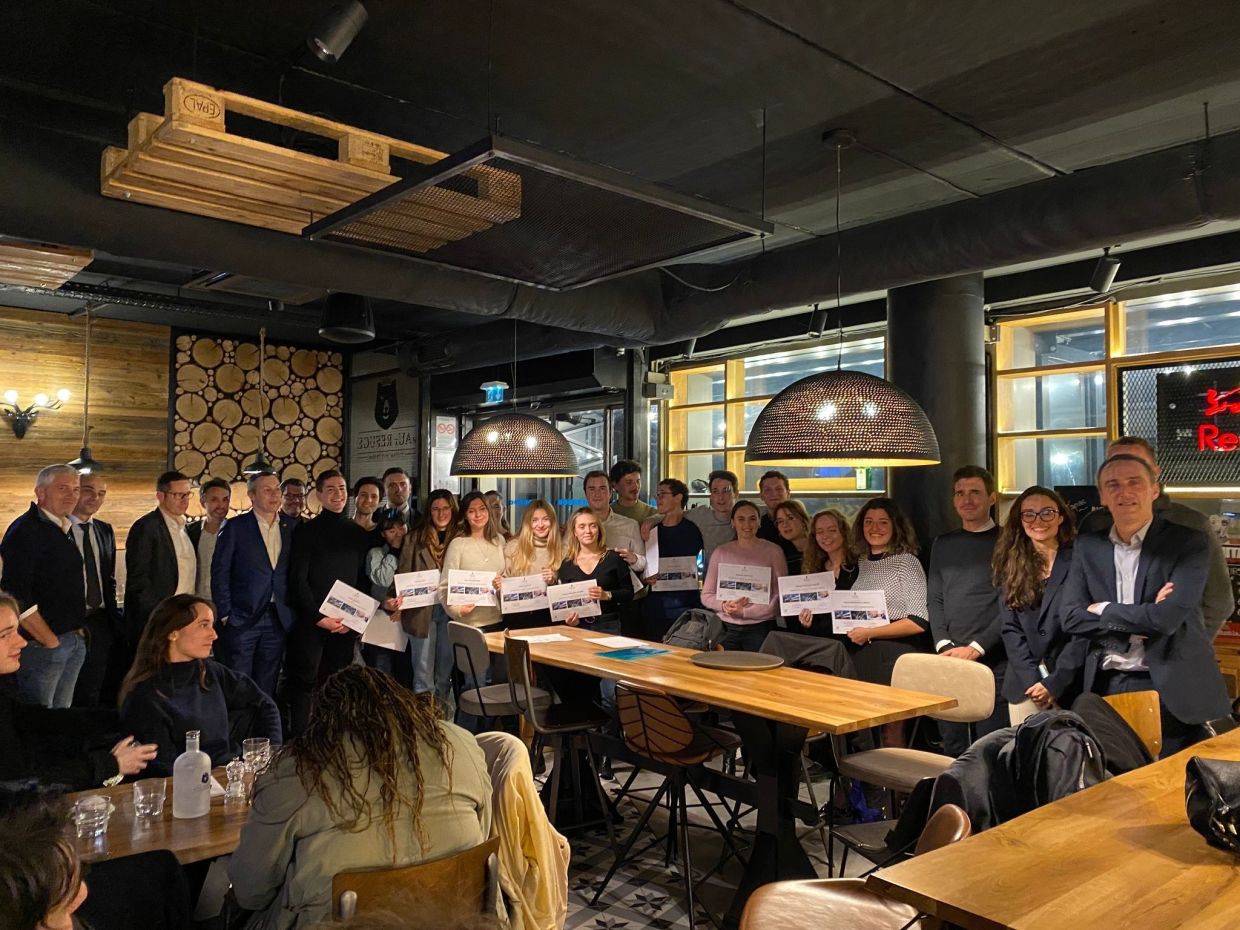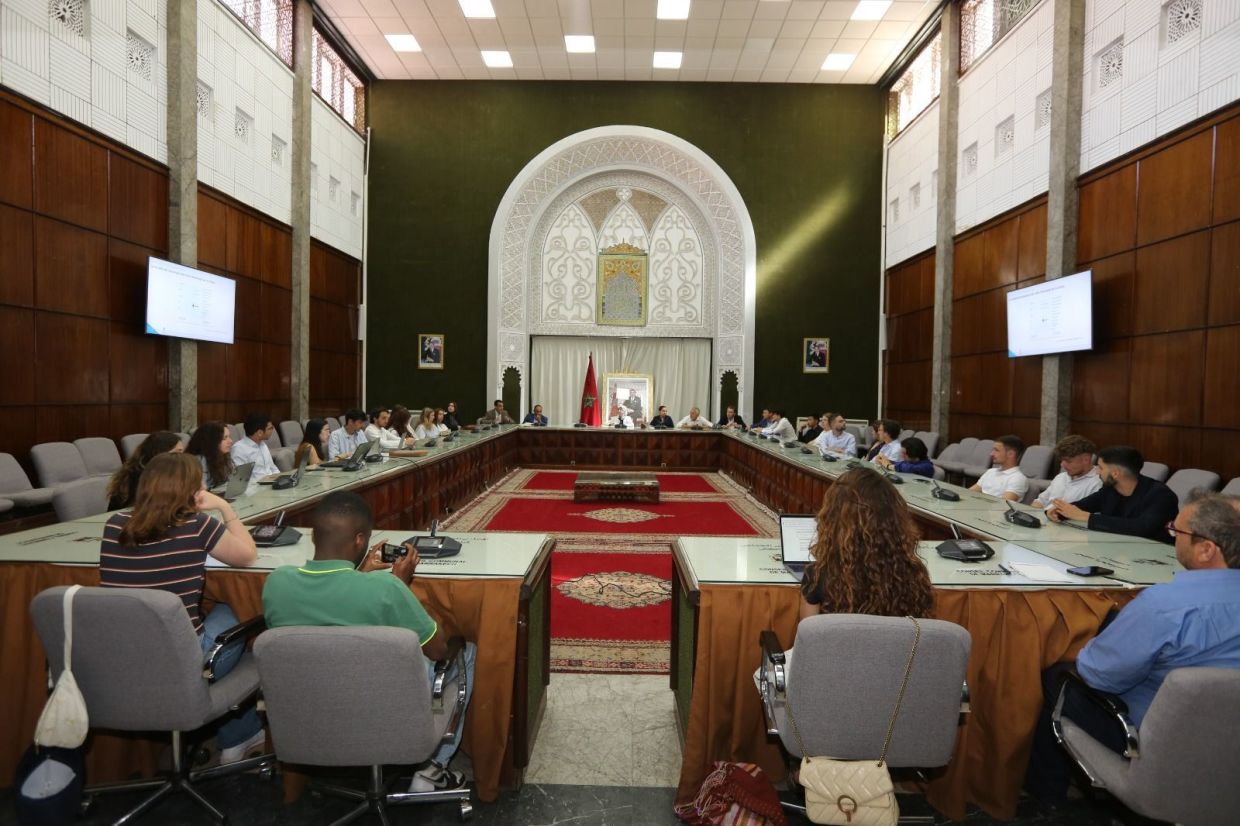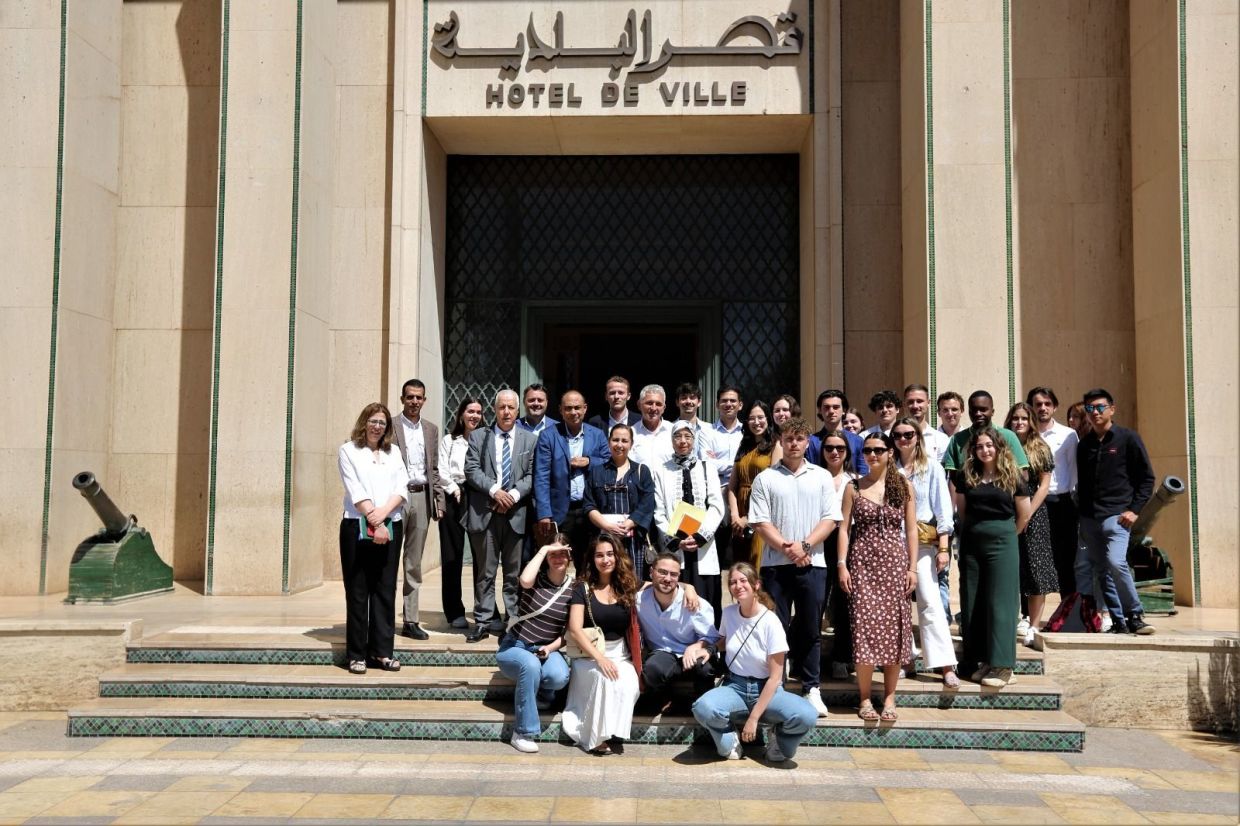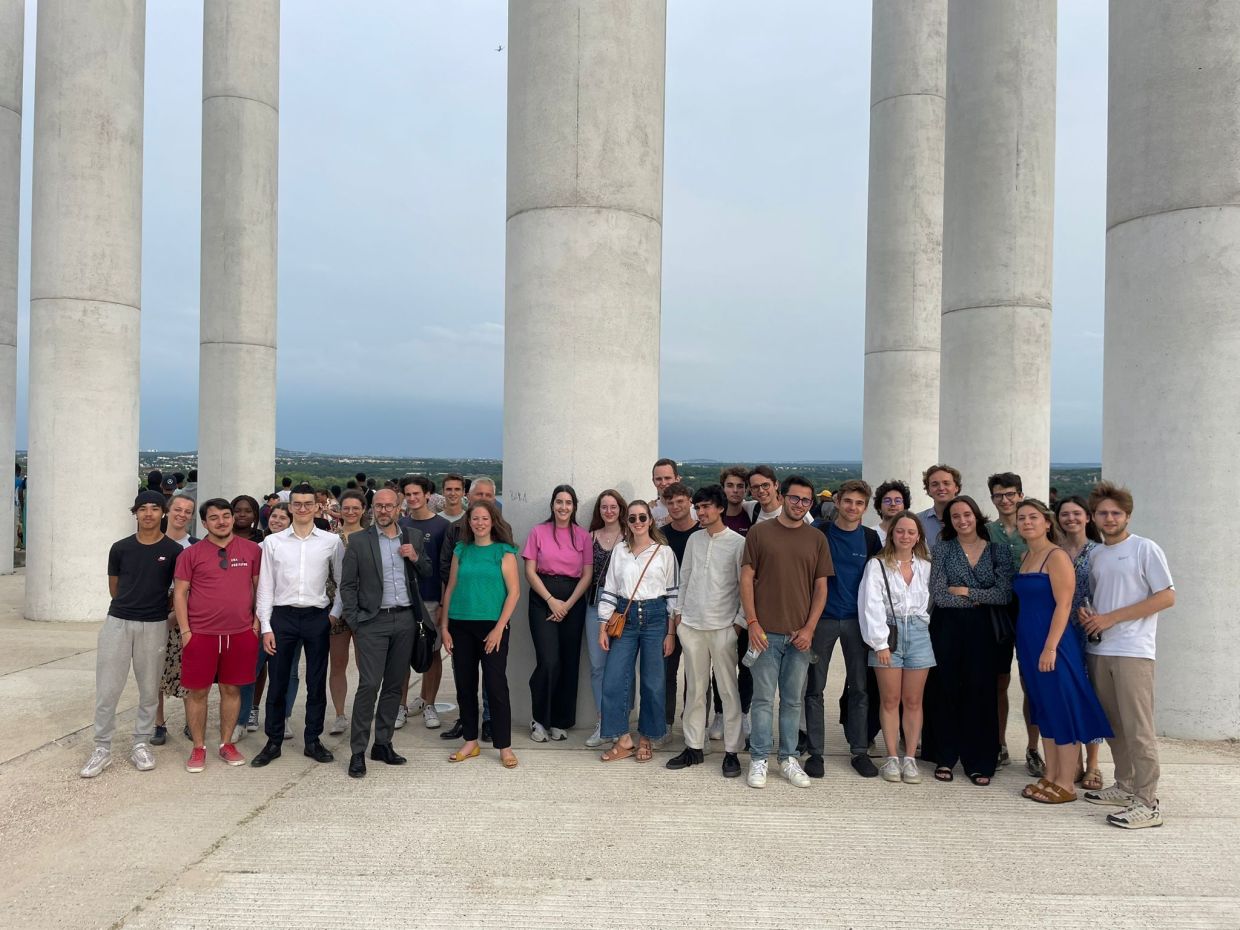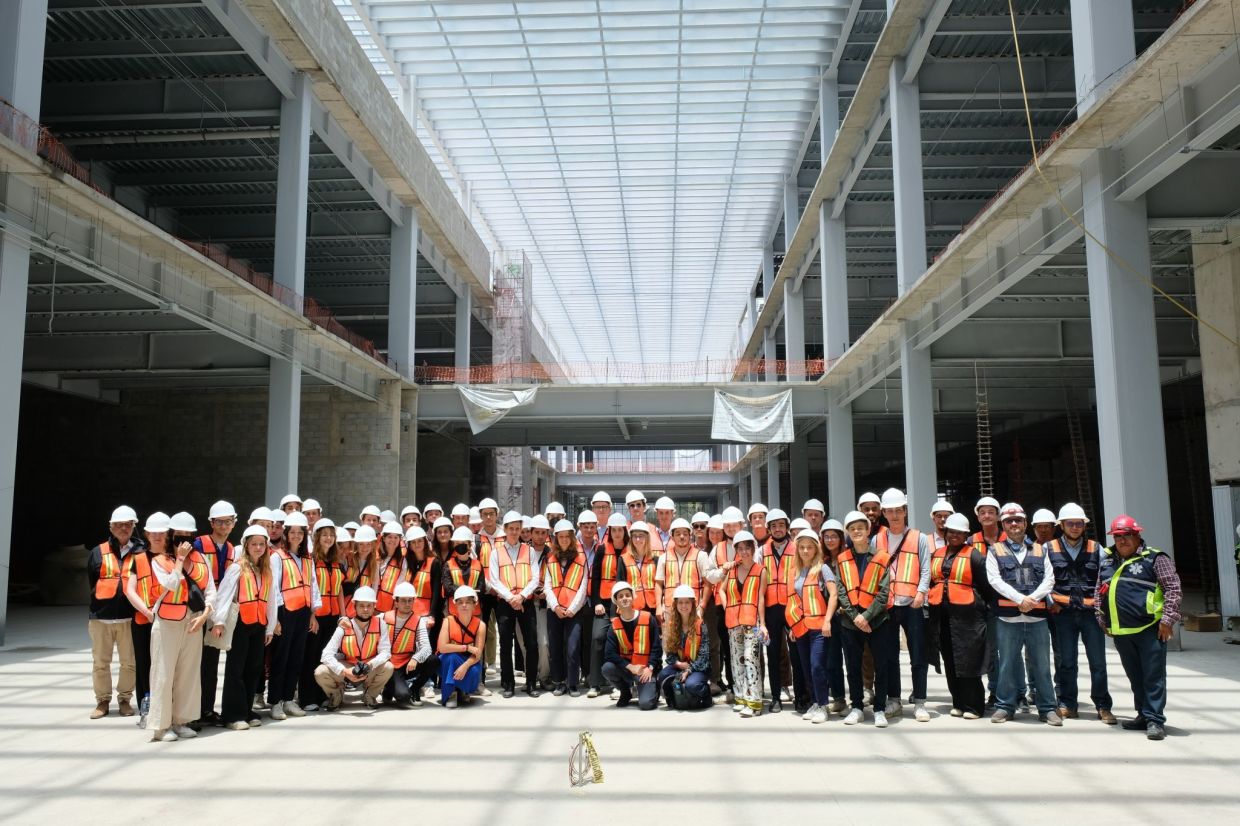Urban Economics Chair

Founded in 1987 by Professor Alain Sallez, the ESSEC Urban Economics Chair is a unique structure within the French higher education landscape. It brings together:
-
A specialization program for students of ESSEC’s Master in Management, and associated programs (Advanced Master®, Executive Education, Nhood | Ceetrus Associate Chair in Real Estate and Commercial Urbanism, etc.);
-
Theoretical and applied research;
-
Publications that contribute to the dissemination of knowledge and practices;
-
A network of partners who are key players in the management and development of local and regional communities;
- A network of several hundred alumni who are active professionals in public and private sectors linked to the urban landscape.
“For over 35 years, the Urban Economics Chair has contributed to raising awareness among ESSEC students about the challenges, the complexity and the values attached to cities and their regions. Thanks to the dual public/ private background of the Chair’s students as well as the theoretical knowledge and practical skills provided by the Chair, its ̂graduates move on to executive positions in companies that are active regional stakeholders or leaders of local public authorities and their satellites. Our graduates know how to promote territorial development as well as how to maintain social, urban and ecological balance.
Chairholder
Syllabus covering the theoretical basics.
Operational know-how tested against the realities in the field.
Professional experience in public and private organizations.
A large network of over 1,000 alumni working in local/ regional urban- and regional-related professions

Thankŝ to their in-depth understanding of public and private management issues, over 1,000 alumni of the Urban Economics Chair are currently working in France and abroad to serve cities and regions in a variety of sectors:
-
Housing and real estate development.
-
Economic development and attractiveness.
-
Infrastructure, mobility and digital.
-
Energy and environment
These professionals hold high-responsibility positions in a wide range of private and public organizations:
-
In private companies that operate in the field of local development as urban service delegatees, banks and specialized consulting firms, promoters, builders and developers, urban planning and commercial real estate specialists;
-
In local authorities, regional clusters and satellites (urban planning agencies, local semi-public companies [SEM], local public companies) or in central administration.
Over the course of one year, students learn about the challenges faced by cities and local authorities, through:
Theoretical courses;
An applied research seminar in partnership with an organization;
A study trip to discover some of the local and regional issues of a world-class metropolis;
Professional experience.
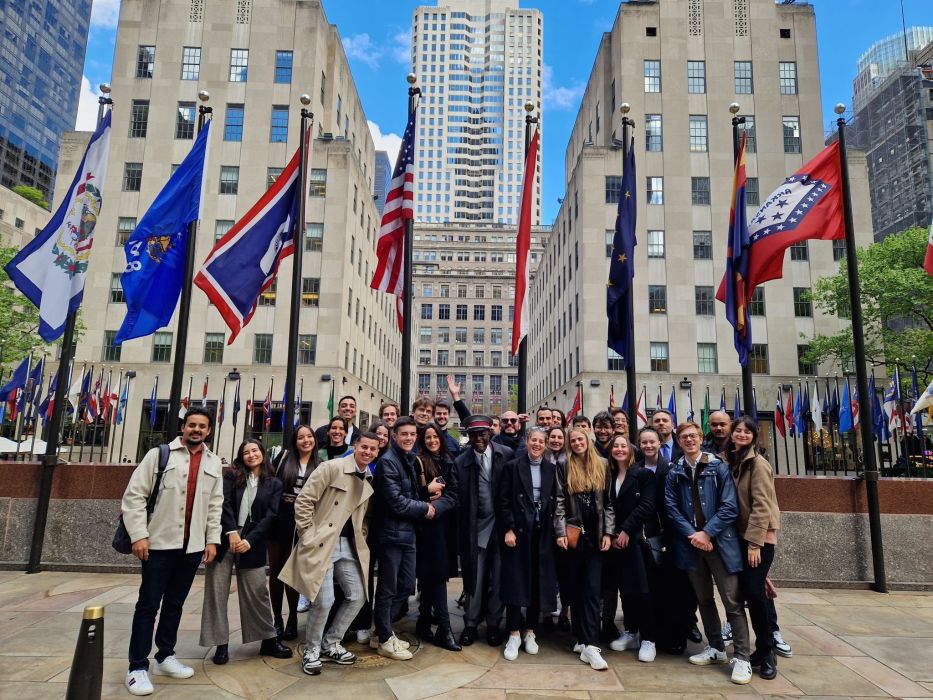
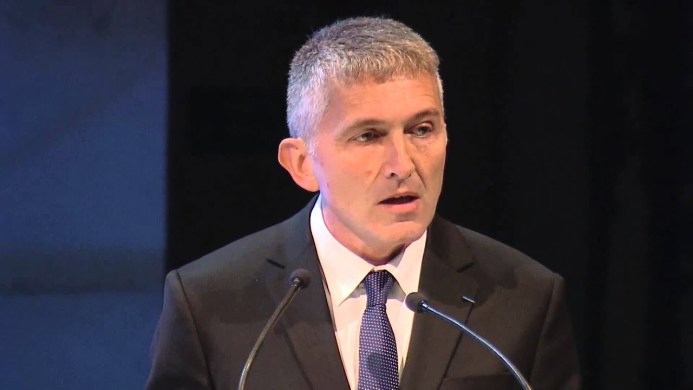
Chairholder

Professor
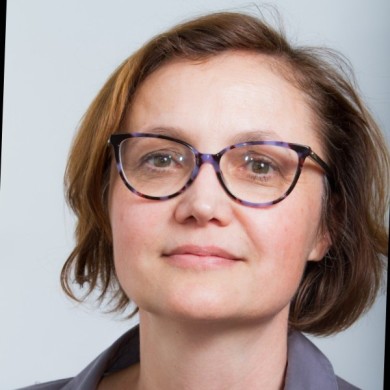
Professor
Chair Assistant
The Chair is open to students from the:
voir-plus ![]()
voir-plus ![]()
